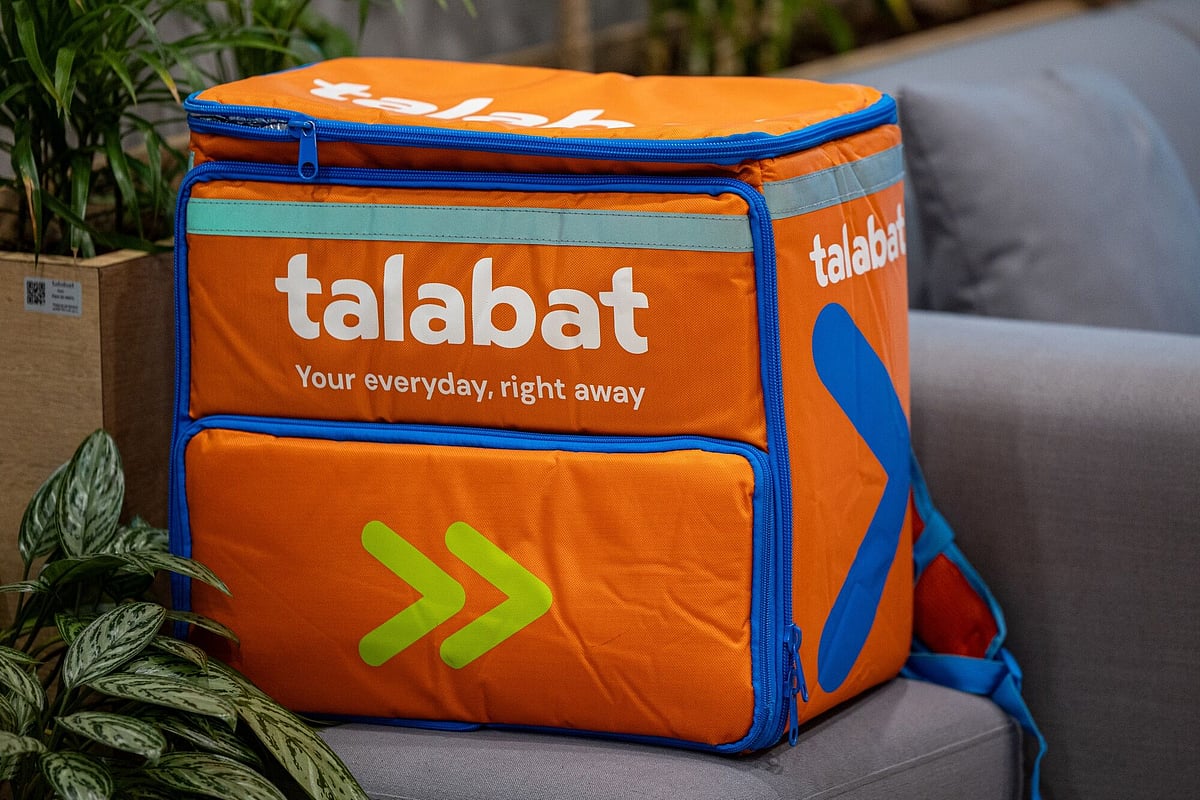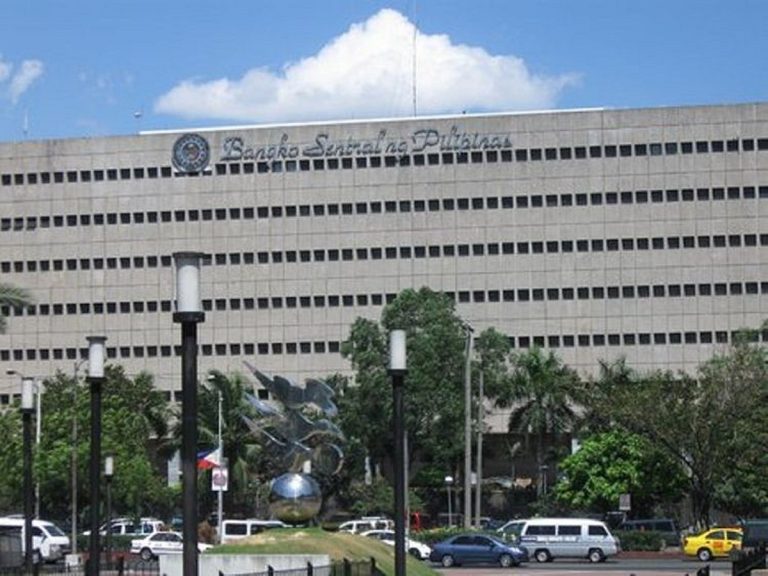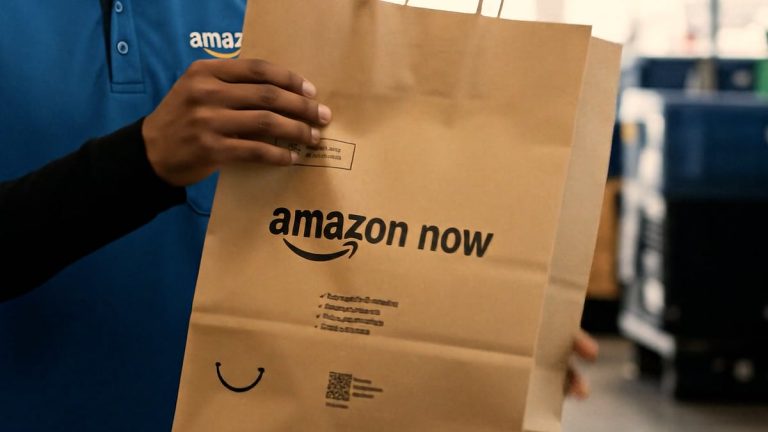Talabat Reports Q3 Growth with Increased Revenue and Income
Talabat has demonstrated robust growth in the third quarter, showcasing significant increases in both revenue and net income. The company continues to expand its presence in the food delivery and grocery sectors, driven by strong order volumes across all markets.
Financial Highlights
In the third quarter, Talabat’s Gross Merchandise Value (GMV) reached $2.4 billion, reflecting a 26% increase compared to the same period last year. When adjusted for constant currency, the growth rate stands at 27%. Revenue surged by 31% to $1 billion, while Adjusted EBITDA rose 21% to $154 million. Notably, net income also saw a substantial increase of 31%, totaling $119 million.
Management attributes this growth to a combination of increased customer acquisition and higher order frequency. The subscription service, talabat pro, has gained traction, enhancing customer engagement. The GCC markets contributed significantly, accounting for 81% of the total GMV.
Segment Performance
Talabat’s grocery and retail segment outpaced the food delivery sector in growth. The food vertical expanded by nearly 20%, whereas grocery and retail saw an impressive growth rate exceeding 40%. This shift towards grocery and retail, which typically have lower gross margins, has influenced the overall margin structure.
Adjusted EBITDA margins remained steady at 6.4% of GMV, while net income margins were reported at 4.9%. Despite the lower margins associated with grocery sales, cost efficiencies have mitigated some of the financial impact.
Future Outlook
Talabat has reiterated its full-year forecast, which was previously upgraded. The company anticipates constant-currency GMV growth between 27% and 29% and revenue growth ranging from 29% to 32%. The expected Adjusted EBITDA margin is projected at 6.5%, with a net income margin of 5%. Additionally, Talabat plans to maintain a minimum dividend payout of $400 million.
FAQs
What factors contributed to Talabat’s growth in Q3?
Talabat’s growth was primarily driven by increased customer acquisition, higher order frequency, and the successful adoption of its subscription service, talabat pro.
How did the grocery and retail segment perform compared to food delivery?
The grocery and retail segment outperformed food delivery, achieving over 40% growth, while the food vertical grew by nearly 20% during the same period.
What is Talabat’s outlook for the remainder of the year?
Talabat expects continued growth, projecting GMV growth between 27% and 29% and revenue growth between 29% and 32% for the full year, alongside a commitment to a minimum dividend payout of $400 million.
Conclusion
Talabat’s third-quarter results reflect a strong performance across its business segments, particularly in grocery and retail. With a positive outlook for the remainder of the year, the company is well-positioned to continue its growth trajectory while maintaining shareholder value through dividends.
Talabat’s growth trajectory aligns with broader trends in the food delivery and e-commerce sectors, particularly in the Middle East. The increasing reliance on online platforms for grocery shopping and food delivery has been accelerated by changing consumer behaviors, especially in the wake of the COVID-19 pandemic. As more consumers opt for the convenience of home delivery, companies like Talabat are capitalizing on this shift by enhancing their service offerings and expanding their market reach.
The competitive landscape in the food delivery and grocery sectors remains dynamic, with various players vying for market share. Talabat’s strategic focus on customer engagement through initiatives like its subscription service has positioned it favorably against competitors. The company’s ability to adapt to market demands and innovate its service offerings will be crucial as it navigates potential challenges, such as rising operational costs and supply chain disruptions.
Moreover, Talabat’s performance in the GCC markets underscores the region’s growing appetite for digital services. As urbanization and internet penetration continue to rise, the potential for further growth in the food delivery and grocery sectors remains significant. Talabat’s ongoing investments in technology and logistics infrastructure are expected to enhance its operational efficiency and customer experience, further solidifying its market leadership in the region.
Also Read:
Parkin Reports 43% Revenue Growth in Q3 2025







